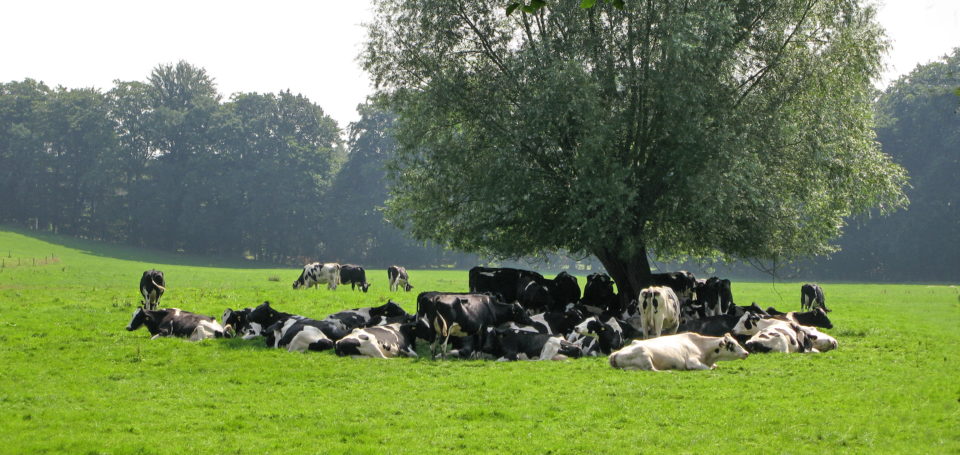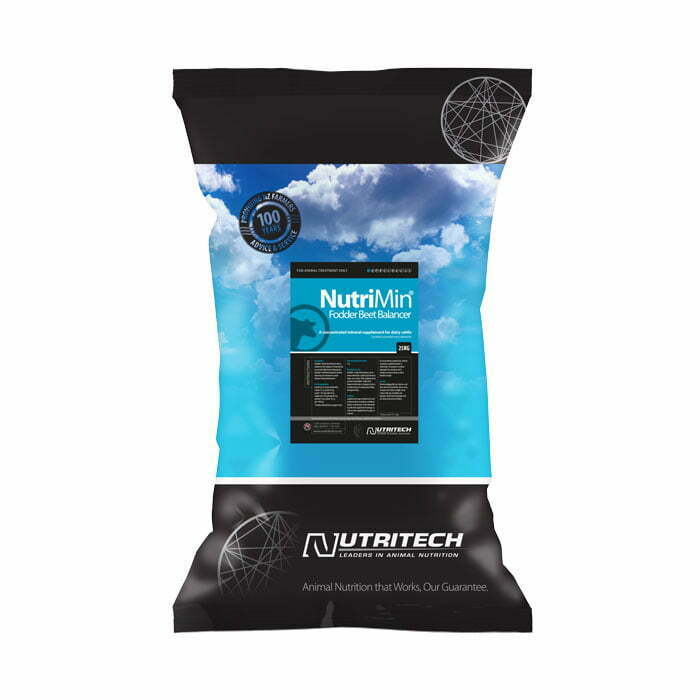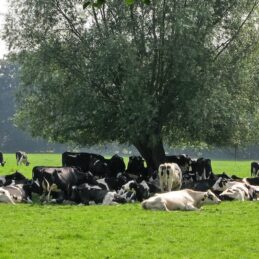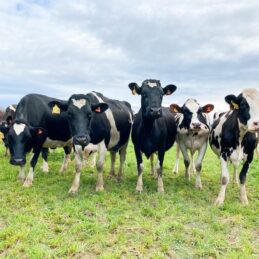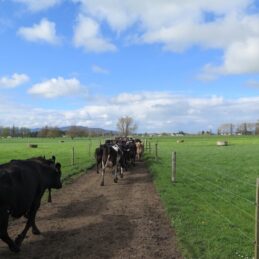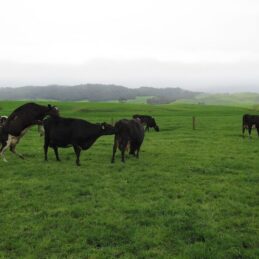This years’ strong El Niño may result in higher facial eczema challenges, if hot dry conditions are followed by warm moist periods, resulting in rapid increases in fungal growth and spore production. This combined with high grazing pressure, may lead to higher sporidesmin mycotoxin challenges and greater risks of stock contracting facial eczema.
Prevention not cure is the key to facial eczema control, as serious liver damage may be irreversible. The first effects are loss of production, compromised immune function, and some cows may die later when exposed to high levels of stress such as at calving. As a general rule of thumb, if 3% of animals show clinical signs of facial eczema, then about 50% are likely to be sub-clinically affected.
Spore count monitoring programmes can help identify when levels start to rise, but individual farm monitoring is preferable, as more relevant to farm conditions, bearing in mind that conditions vary across a farm. Zinc dosing is more effective when started 2-3 weeks before a sporedesmin challenge, so waiting until levels start to rise may not be the best option.
Zinc can be administered via a bolus, drenched (zinc oxide or sulphate) or through in line dispensers (zinc mono or hepta-hydrate sulphate). Typical dose rates are 2 g elemental zinc per 100 kg liveweight. Zinc sulphate is relatively unpalatable, so target intakes may not be achieved, particularly in wet weather, or where cows have access to alternative water supplies. Supplying a flavoured trace mineral fortified zinc product would be a more suitable option.
High levels of zinc reduce the availability of copper in the diet, often resulting in depletion of copper reserves in the liver over the treatment period. There are also concerns that inorganic copper (copper sulphate) may increase liver damage in cows suffering from FE.
Offering an organic copper (chelated or amino acid bound) containing trace mineral mix can reduce the risks associated with feeding copper sulphate, and help to maintain adequate liver copper levels during extended periods of dosing with zinc to combat FE. If in doubt consult suitably qualified and experienced nutritional advisers or veterinarians on appropriate strategies to combat facial eczema.
As featured in NZ Dairy Farmer

